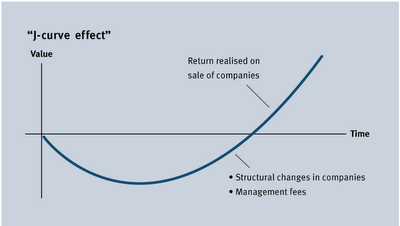
On the extreme lefthand side of the graph are nations like North Korea that achieve a level of stability through being extremely oppressive but are ultimately undermined by the threat of eventual revolution. On the far right are countries like Sweden, which have long-established democratic institutions. The J-curve supposedly demonstrates that for a nation to go from being extremely oppressive to a successful democracy, it must first go through a period of instability. In other words, things will get worse before they get better (or to quote Lenin 'You have to take one step back to take two steps forward').
Perhaps I'm being unnecessarily critical, but isn't the J-curve stating the bloody obvious? Do we really need another fatuous 'one size fits all' formula to reduce global politics to a series of easy solutions? According to the author, the answer is yes and he cites a number of examples where American foreign policy would have benefited from observing the J-curve.
I'm not convinced. I agree with the basic tennets of the J-curve because they aren't particularly controversial, but I don't like Ian Bremmer's assumption that globalisation is a good thing and I don't agree that American-style democracy is always a great gift that should be bestowed upon the world. The last sentence of the book reads: Only the free exchange of information, values, ideas and people can build a sustainable global stability that enriches all who take part in it. At first glance these are fine words, but this a world in which everything is dominated by the free market. Behind Bremmer's desire to see a world comprised of stable democracies there is the unspoken assumption that these countries must acceptable to the United States.
Perhaps I am doing Paul Bremmer a disservice. As a bookseller I can't help groaning every time a new book arrives offering to reduce complex issues to a simple formula. However, the J-curve seems particularly simplistic. It's one saving grace is that it baldly exposes the failings of George Bush's foreign policy and anticipates the change of heart that is now taking place in the Whitehouse.

2 comments:
couldn't agree more. have you read Armed Madhouse by Greg Palast? The chapter on 'vote maniulation' is one of the saddest chapters I've read in fiction or non-fiction.
Love the blog, btw, the Stars and Planets / how big is this? post from a month or so ago has been playing round in my mind quite often since I saw it here.
Misty Unsworth...where have I heard that name before? Do you have any association with a green van? ;)
Glad you liked the stars and planets post. My head has just stopped hurting, but I'm afraid that I've just found something even more amazing that I'll post soon.
Post a Comment